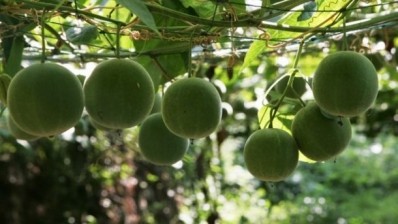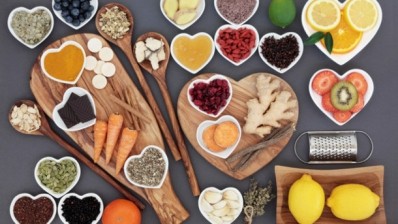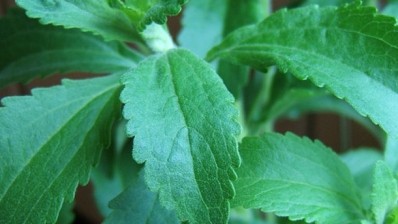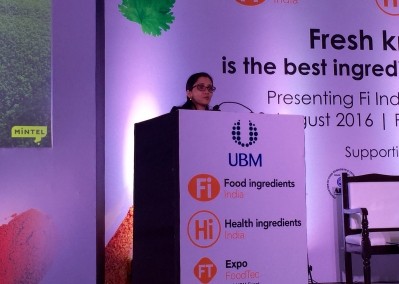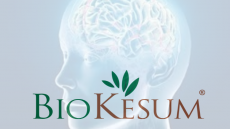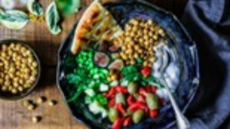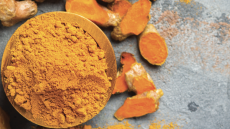Stevia toxicity: New tests support high dose functional food and supplement use beyond sweetness
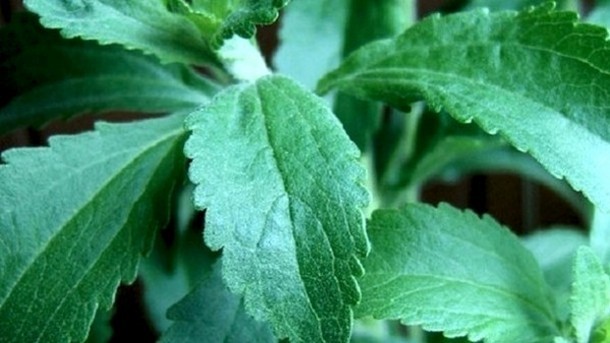
Researchers from the National Centre for Food Safety Risk Assessment in Beijing, China, said possible functional food and nutraceutical uses for stevia had been receiving increasing academic attention.
“Recently, more nutritional components beside steviol glycosides have been identified from the stevia rebaudiana bertoni leaves, including non-glycosidic diterpenes, chlorogenic acids, flavonoids, and vitamins. A most recent study showed that stevia rebaudiana ethanolic extract exerts better antioxidant properties and anti-proliferative effects in tumor cells than its diterpene glycoside stevioside,” they added.
Despite this, they pointed out very little safety evaluation and toxicological studies on the extract had been carried out.
To assess the leaves’ toxic potential, researchers conducted a number of in vitro and in vivo tests.
Studies recorded negative toxicity results from a bacterial reverse mutation assay, mouse bone marrow micronucleus assay and mouse sperm malformation assay.
Meanwhile. oral administration at dietary levels of 1.04%, 2.08% and 3.12% for 90 days did not induce significant behavioural, haematological, clinical, or histopathological changes in rats.
Cutting cholesterol
“No mortality or treatment-related adverse clinical appearances were found during the 90-day study. No significant differences in weekly food consumption and body weight of animals were observed between the treatment groups and the control group,” the researchers added.
In this study, prolonged oral administration of stevia rebaudiana bertoni leaves extract for 90 days caused significant reduction of cholesterol, total protein and albumin in female animals of the highest dose group.
This was likely due to the lipid-lowering effect of polyphenols decreasing the plasma cholesterol content.
The researchers concluded: “In summary, the ethanolic extract stevia rebaudiana Bertoni leaves revealed neither genotoxicity nor subchronic oral toxicity in this study at dosage level up to 300 times of the recommended daily intake,” researchers wrote.
“Our data provided supportive evidence for the safety of bioactive components in stevia rebaudiana Bertoni leaves that could be promisingly used in function food and nutritional supplements beyond just a sweetener.”
Source: Regulatory Toxicology and Pharmacology Journal
DOI.org/10.1016/j.yrtph.2017.03.021
“Toxicological evaluation of ethanolic extract from Stevia rebaudiana Bertoni leaves: Genotoxicity and sub chronic oral toxicity”
Authors: Qiannan Zhang, Hui Yang et al.
